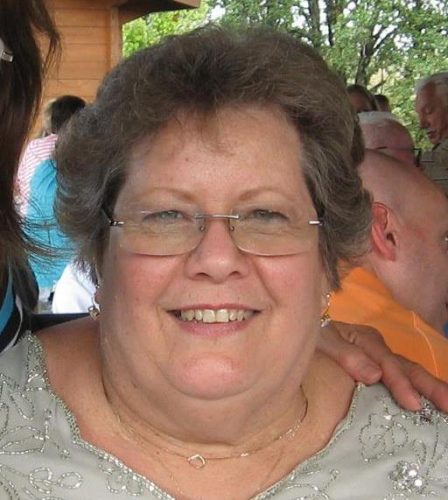
About Mary Elizabeth Fricke:
Mary Elizabeth Fricke has lived her entire life within five miles of the Missouri River. She and her husband of thirty-nine years have lived thirty-six of those years on a farm that has been consistently owned and operated by his family for five generations. They have two grown sons married to wonderful women and two beautiful grandchildren.
A graduate of the Writer's Institute of America and a member of the Heartland Writers Guild, she has published a number of articles in various forums and magazines, as well as her autobiography, Dino, Godzilla and the Pigs (My Life on Our Missouri Hog Farm). More recently, she has begun to concentrate on publishing romantic fiction with the Birds in Peril Series and the Sweet Pea Trilogy. She is also a prolific ghostwriter.
Her stories, based in rural mid-western areas, concern the unique but quickly vanishing way of life on the family farm as well as other mysterious intricacies that evolve life from generation to generation. Romance is her preferred genre.
What inspires you to write?
For me, writing is as necessary as breathing. It's how I define myself, my thoughts, my wishes. It's how I try to entertain and sometimes to teach. My mother, a published poetess, never earned a penny for her many poems. She wrote to entertain people and she was very good at it. I learned from my mom that writing is not about the dollars. It's about the ability to make people smile, sigh, to think.
What authors do you read when you aren’t writing?
My favorite book of all time is the historical romance, Ashes in the Wind by Kathleen Woodiwiss. Most of the time, I read romantic suspense (Sandra Brown) or futuristic (Kerrilynn Kenyon) but I am also a fan of Erma Bombeck and Mya Angelou. The world lost some fantastic talent when these prolific authors died. I admire their ability to address the mundane things in life with beauty and flare, and in Mrs. Bombeck's way, laughter.
Tell us about your writing process.
I keep a lot of notes. Just jotting down thoughts and ideas but never a formal outline. Sometimes I try to organize those thoughts by chapter but not always. And, all of those thoughts can be changed or eliminated…or built upon. I generally start with one section at a time and later build to one chapter a day, if I can. However, during the first draft, I rarely write in sequence. It's more a matter of getting the story on paper. I'll do that necessary organization, adding or editing, later.
For Fiction Writers: Do you listen (or talk to) to your characters?
Yes, my characters develop very distinct personalities. Sometimes (while writing in my head) they get a bit too vocal. But my family is used to 'Mim being off in her own world again."
What advice would you give other writers?
Do it. Just sit down and write. The first draft is always the most difficult. No one else can take that story from your mind and place it on paper or computer page. So just do it.
How did you decide how to publish your books?
For years I ran the gauntlet of trying to find an agent or a publisher. I did eventually find publishers for my first 3 books. But when my e-book publisher closed its doors, I didn't have the energy to get back on that gauntlet again to try to find another publisher. Some of my fellow writer friends had decided to indie publish their ebooks. They encouraged me to try it too. So I did. So far, that's worked out well.
What do you think about the future of book publishing?
I believe ebooks are becoming a necessity because so many people always carry their phones or tablets with them. Kindles, etc are just handy. But, I also coffee table and picture books along with other kinds of hardbound books will always be around.
What genres do you write?: fiction, women's fiction, romance, romantic suspense
What formats are your books in?: Both eBook and Print
Website(s)
Mary Elizabeth Fricke Home Page Link
Link To Mary Elizabeth Fricke Page On Amazon
Your Social Media Links
Facebook
All information in this post is presented “as is” supplied by the author. We don’t edit to allow you the reader to hear the author in their own voice.
